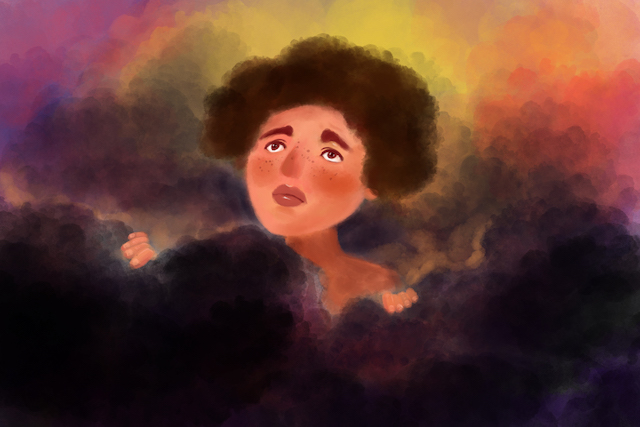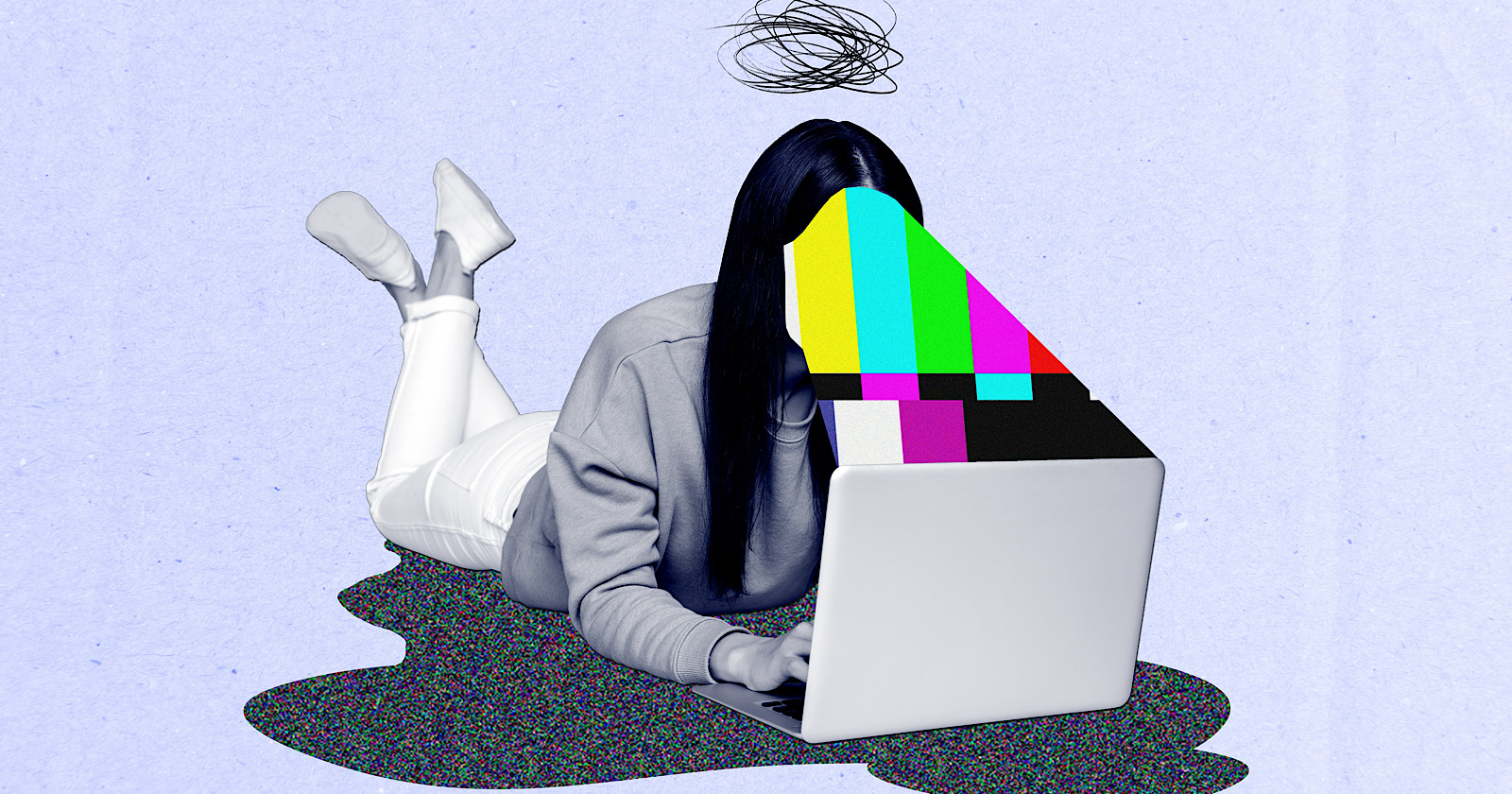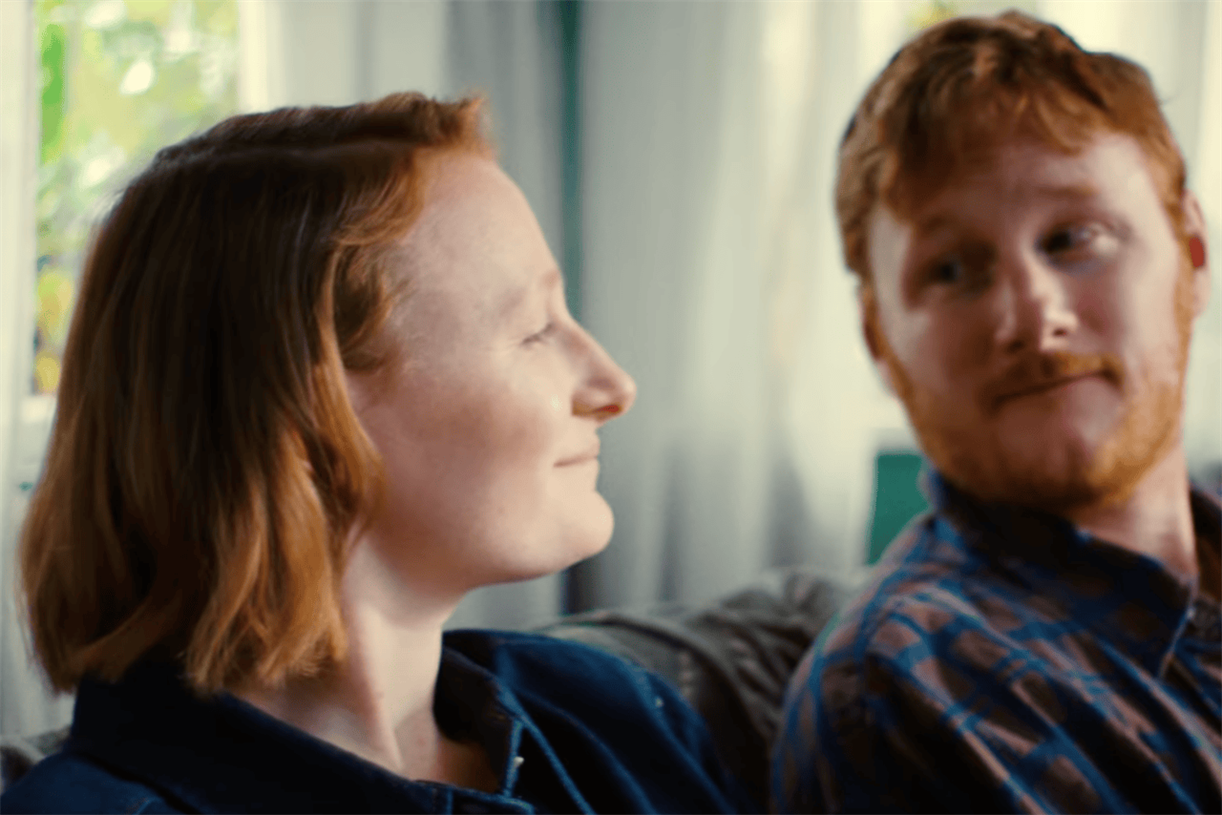I'm A Neuroscientist: What Childhood Trauma Actually Does To Your Brain
Here's what I recommend to my patients who experienced it

Image by Chelsea Victoria / Stocksy August 2, 2023 Your childhood upbringing plays a major role in your brain development. If you grow up in a happy, functional home, it supports the developing brain. However, when you experience childhood trauma—such as the death of a parent, neglect, sexual abuse, or other traumatic incidents—it negatively impacts the way your brain develops. Sadly, this can have lasting consequences on your mental health and cognitive function.
Advertisement
This ad is displayed using third party content and we do not control its accessibility features.
What are adverse childhood experiences?
Adverse childhood experiences, or ACEs, continue to affect people in adulthood. Many adults with emotional issues don’t realize that the traumatic experiences from their childhood are at the root of their problems. And they certainly don’t understand that those incidents changed the way their brain functions, which further contributes to their ongoing mental health issues.
Researchers have spent decades investigating the impact of ACEs on mental and cognitive well-being. Nearly 30 years ago, scientists at Kaiser Permanente teamed with the Centers for Disease Control and Prevention (CDC) to conduct a large study1 involving 17,337 adult participants.
The research team sought to identify how many ACEs they had experienced in addition to their lasting effects. The study included 8 questions regarding abuse, neglect, domestic violence, and more. Roughly 25% of the participants reported three or more ACEs.
In the decades since that landmark study, the ACE questionnaire has evolved to include ten questions covering:
Advertisement
This ad is displayed using third party content and we do not control its accessibility features.
The ACE questionnaire is scored on a scale of 0 to 10, with 0 indicating a lack of trauma and 10 representing significant levels of trauma prior to reaching 18 years of age.
In general, higher scores are associated with increased mental health problems and cognitive issues. They have a greater impact on brain development.
How childhood trauma impacts the developing brain
Being exposed to traumatic experiences as a child triggers overactivity of the brain’s stress response system. This affects the brain in several ways, including:
Advertisement
This ad is displayed using third party content and we do not control its accessibility features.
Overcoming childhood trauma
If you have experience childhood trauma, take note that certain therapies and lifestyle changes can help reduce the impacts. Suggestions that I often give to patients who have experienced trauma in childhood include:
Advertisement
This ad is displayed using third party content and we do not control its accessibility features.
2.
Work with a psychotherapist
Working through adverse childhood experiences with a mental health professional can be beneficial in overcoming past trauma.
3.
Address any alcohol and drug problems
Seeking treatment for these issues can be an important part of a comprehensive treatment plan.
Advertisement
This ad is displayed using third party content and we do not control its accessibility features.
4.
Eat a brain-healthy diet
Making physical activity a regular part of your routine increases blood flow to the brain to enhance its function.
The takeaway
For anyone who has experienced childhood trauma, it’s important to make brain health a mainstay of your daily life. Seeking professional help and adopting healthy habits can be very beneficial in helping you cope with past traumatic experiences. With a comprehensive program, you can stop reliving the past and start moving forward in your life. You deserve it.

 Tfoso
Tfoso 

































